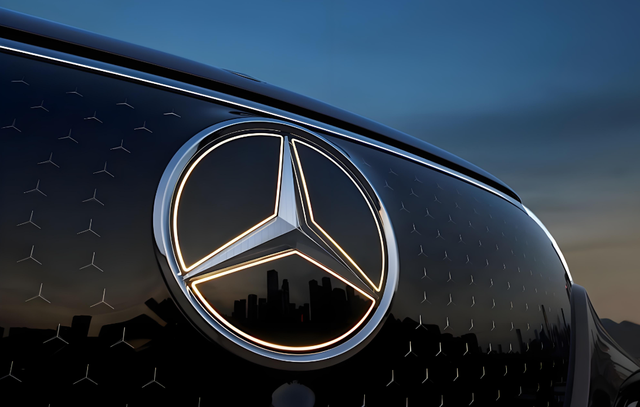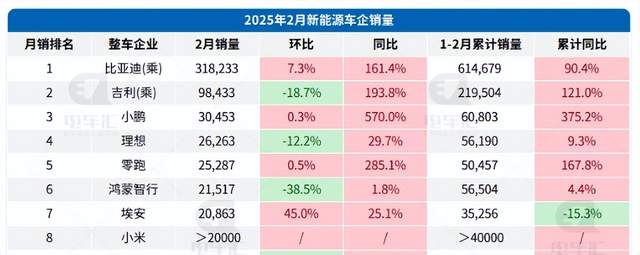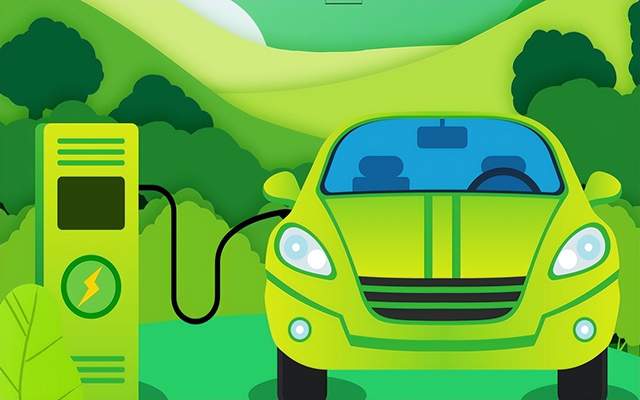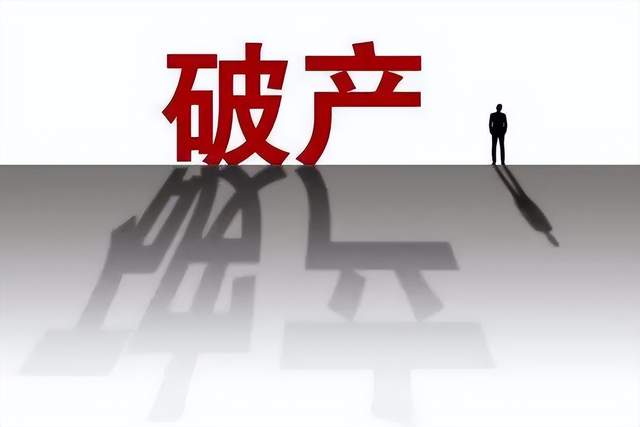New Auto Makers Predict Market Consolidation, Yet Struggle to Enter Top Ten
![]() 03/24 2025
03/24 2025
![]() 512
512
As sales of new energy vehicles rebound in the Chinese market over the past two weeks, some emerging auto manufacturers have become increasingly vocal, asserting that only 7-8 companies will survive in the domestic market amidst widespread elimination. Such claims seem to be a recurring refrain from these companies. However, a closer examination of sales figures reveals that every new auto maker is still battling for survival.

Data from February this year underscores this reality. Among the top ten domestic auto companies, the lowest-ranked, Beijing Benz, sold 35,000 vehicles per month. Meanwhile, the highest monthly sales among new auto makers barely surpassed 30,000 vehicles, failing to crack the top ten list. This indicates a significant gap between these newcomers and traditional auto giants.
In the new energy vehicle segment, BYD and Geely led the pack in February, with sales of 318,000 and 98,000 vehicles respectively, while the third-ranked company managed just over 30,000 vehicles. This demonstrates the substantial lead held by the market leaders.

It's particularly noteworthy that Geely, an established auto company, was not even among the top ten in the domestic new energy vehicle market just a few years ago, when many new auto makers were on the rise. Who would have anticipated that within a few short years, Geely would swiftly overtake competitors to secure the second spot in the new energy vehicle market?
Geely's ascent has inspired other traditional auto companies that new energy vehicles are not as enigmatic as perceived, and that they too can excel in this field. New auto makers, despite their first-mover advantage, have failed to sustain their leadership by relying solely on early opportunities. This is prompting many traditional auto companies to intensify their efforts to penetrate the new energy vehicle market.
Toyota, the world's largest auto company, exemplifies this trend. Recently, Toyota has deepened its collaboration with China's auto supply chain to launch a new model. Apart from the independently designed car body, the electric drivetrain, intelligent driving systems, and more are provided by China's supply chain, with a price tag of just over 100,000 yuan. By leveraging Chinese manufacturing and price advantages, Toyota aims to capture a significant share of the domestic new energy vehicle market.

In addition to deepening their involvement, many foreign auto companies have further escalated their price wars in the new energy vehicle market. They recognize that most new auto makers are still incurring losses, while the fuel vehicle business of traditional auto companies remains profitable. Such intense price competition consumes funds, potentially making it difficult for new auto makers to compete with established players.
Recent financial results from a new auto maker revealed losses exceeding 20 billion yuan, while another reportedly disbanded its R&D team. Several new auto makers faced challenges last year, underscoring their precarious position. Their reality falls far short of the optimism projected by their founders.
The automotive industry differs vastly from the consumer electronics industry. Cars necessitate genuine technology and substantial funding. The assembly model does not apply in the automotive sector, and success cannot be achieved solely through marketing strategies.

Consumers are now aware of these dynamics and have adopted a wait-and-see approach towards new auto makers. Users of several auto brands that encountered difficulties last year faced significant hardships, including uncertainty about maintenance and repairs and the unavailability of spare parts. The value of their vehicles depreciated by 70% to 90%, fostering wariness among consumers towards new auto makers with small sales volumes.
Most new auto makers were established around 2016 and have been operational for nine years now. They have been given ample time, and it is indeed the moment to determine who will prevail and who will be eliminated. High-profile publicity holds little meaning. To achieve the goal of "survival of the fittest," it is prudent to consider accelerating expansion and striving to enter the top ten domestic auto companies in terms of sales as soon as possible.







